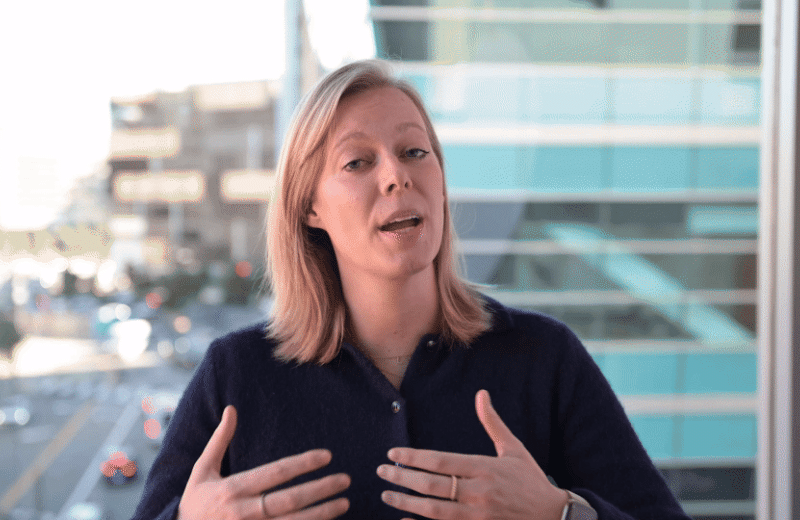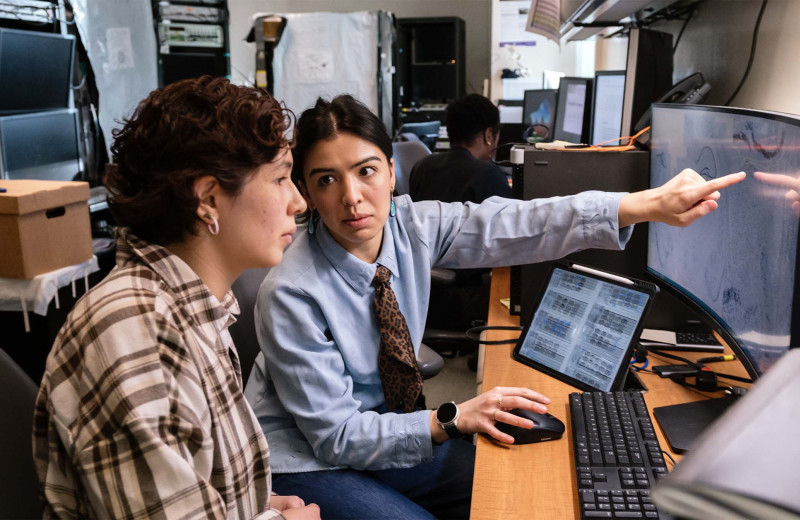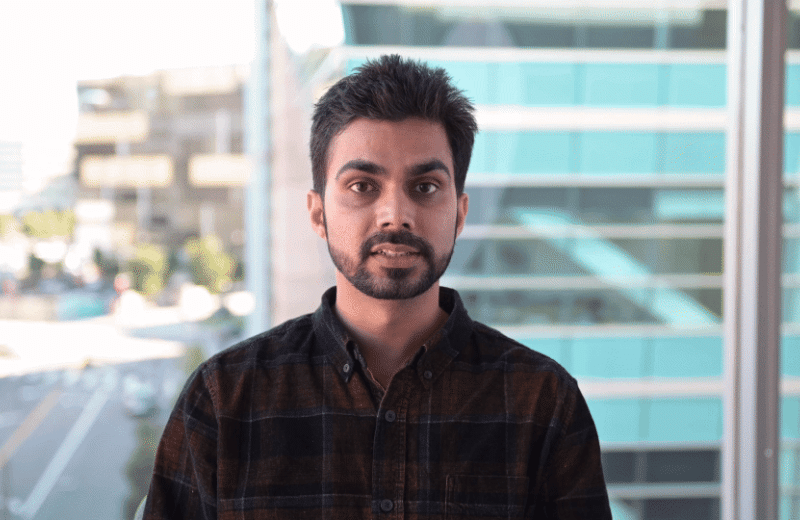Gladstone NOW: The Campaign Join Us on the Journey✕
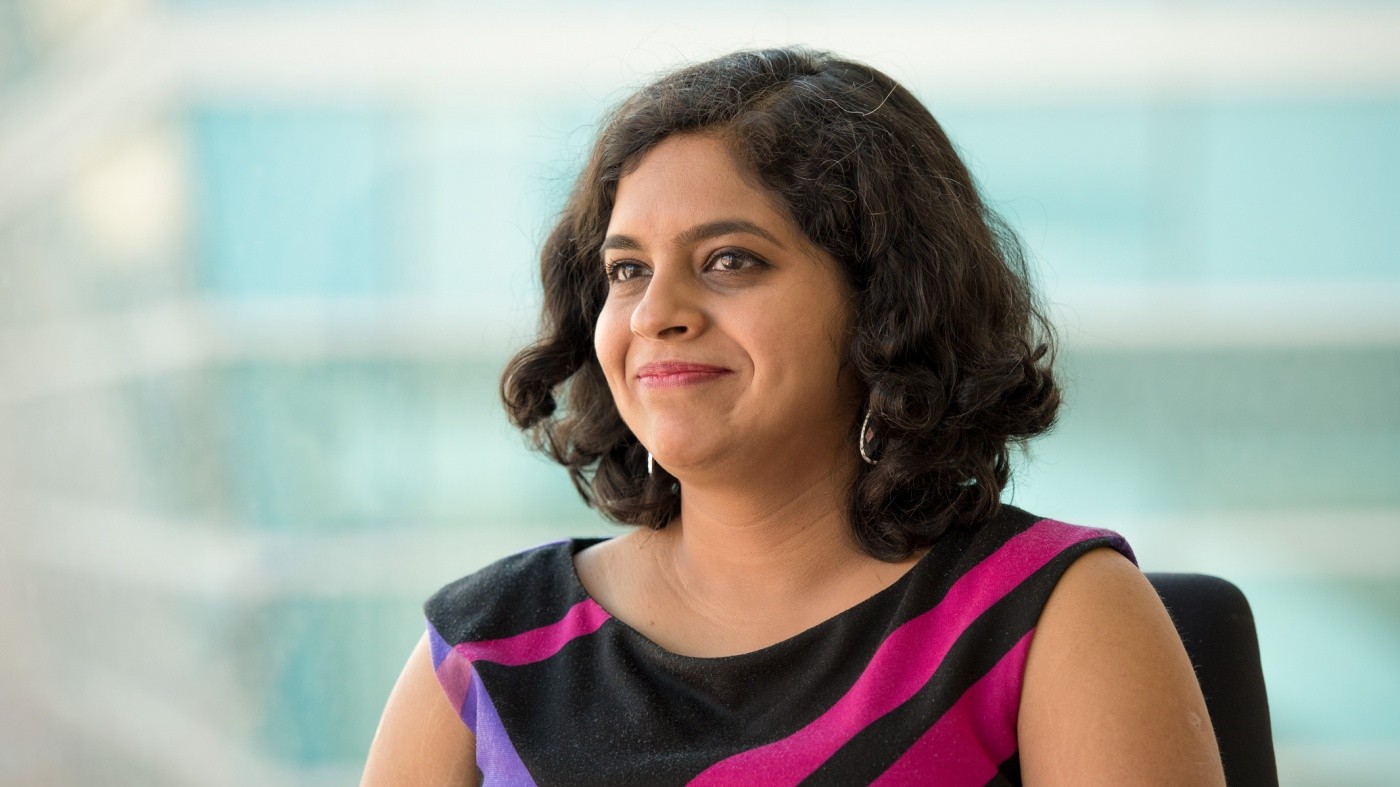
Sudha Krishnamurthy is the director of the Office of Postdoctoral and Graduate Student Affairs at Gladstone and serves as one of the NPA’s International Officers.
Every scientist can name at least one mentor who encouraged them to pursue a career in science. Indeed, one could argue that mentoring sustains the entire scientific enterprise. Mentors not only help train the next generation of researchers and thought leaders, but they simultaneously transform their mentees into the next generation of mentors. At Gladstone Institutes, both the leadership and the postdocs appreciate the value and necessity of quality mentoring. We also recognize that mentoring takes many forms beyond the traditional professor-trainee relationship. Here, we outline the range of mentoring-focused practices that Gladstone has implemented.
The Value of a Mentoring Task Force
In 2012, Gladstone established the Mentoring Task Force to bring together scientific staff members (faculty, postdocs, and grad students) and administration members to promote and improve mentoring within the institution. By adapting recommendations from the National Institutes of Health, the Mentoring Task Force set forth a list of mentoring standards that mentors and trainees are encouraged to follow from the outset of their relationship. These standards may be revisited regularly or at least yearly during the annual performance feedback review required of all Gladstone employees, including postdocs.
In 2017, the Mentoring Task Force organized a faculty-wide endorsement of the concept of a second mentor to guide postdocs in their careers. These “career mentors” are faculty members with whom postdocs can meet regularly to discuss career development and professional growth. Gladstone offers a number of opportunities to help postdocs find a career mentor, including periodic lunches, social networking events, and scientific talks by different faculty members. To help postdocs expand their network of mentors beyond academia, Gladstone also hosts career development programs, career panels, and symposia with alumni from non-academic careers. The Mentoring Task Force has also supported the 360 degree feedback system as a mechanism for continually improving mentoring at Gladstone.
Postdoc Contributions to Promoting Mentoring
Important strides in promoting mentoring have also come from the postdocs themselves. The Gladstone Postdoc Advisory Committee (GPAC), a committee of postdocs interested in optimizing the postdoc experience, launched the investigator-trainee lunch, in which a Gladstone investigator (Gladstone’s term for a professor) has lunch with a small group of postdocs and graduate students. During this lunch, the investigator shares their perspective and advice on everything from lab dynamics to applying for faculty positions. At these lunches, the trainees are often matched with investigators outside of their research field to broaden the range of potential mentors from which they can choose.
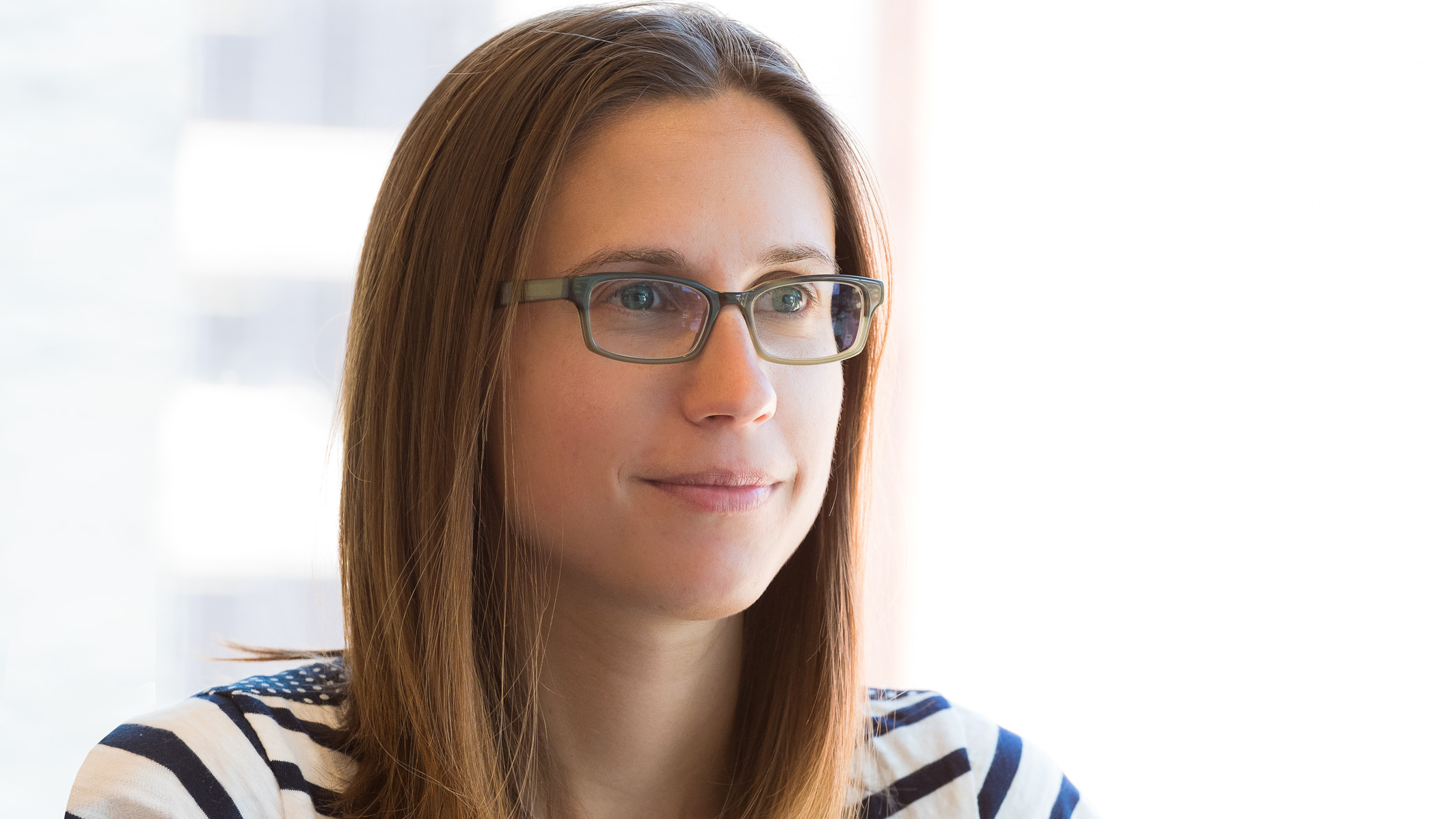
Gladstone Alumna Victoria Rafalski
GPAC also provides $10 gift cards for postdocs who would like to take their mentor out for coffee. By understanding the value of peer-to-peer mentoring, GPAC has established a postdoc buddy system that matches each new postdoc to a senior postdoc buddy who can answer questions about life at Gladstone and within the San Francisco Bay Area. Experiencing a positive mentor-mentee relationship aids mentees in developing their own positive mentorship style.
An Opportunity for Formal Mentorship Training
Gladstone provides postdocs with opportunities for more formal mentorship training. Every 18 months, Gladstone sponsors 15 trainees to participate in a scientific leadership and management skills course, an intensive 2-day workshop that covers topics relevant to mentoring, such as motivating, managing conflict, recruiting, and navigating difficult conversations.
Additionally, Gladstone postdocs can improve their mentoring skills through the TRAIN-UP introduction to mentoring program, a series of workshops from the UCSF Office of Career and Professional Development that aims to equip postdocs with the skills needed to successfully hire, train, and mentor other trainees in a diverse work setting. A yearly opportunity for postdocs to get hands-on mentorship experience comes through a Gladstone program called PUMAS (Promoting Underrepresented Minorities Advancing in the Sciences). Already in its seventh year, PUMAS, which is funded by the National Heart, Lung, and Blood Institute, has sponsored 39 interns and given 32 postdocs the opportunity to serve as mentors.
Want to Join the Team?
Our people are our most important asset. We offer a wide array of career opportunities both in our administrative offices and in our labs.
Explore CareersMeet Gladstone: Alisa Dietl
Meet Gladstone: Alisa Dietl
Alisa Dietl brings her international training and clinical perspective to Gladstone, where she works to engineer more effective cancer immunotherapies for solid tumors.
Graduate Students and Postdocs Profile Cancer Pelka LabVoices of Outstanding Mentorship
Voices of Outstanding Mentorship
Three recipients of Gladstone’s Outstanding Mentoring Award share their personal approaches to mentorship and reflect how this passion has shaped their own growth as leaders.
Profile Roan Lab Graduate Students and PostdocsMeet Gladstone: Shyam Jinagal
Meet Gladstone: Shyam Jinagal
Shyam Jinagal explores how genetics, aging, and regeneration shape the heart—and how those insights could one day restore heart function after injury.
Graduate Students and Postdocs Profile Cardiovascular Disease Srivastava Lab

